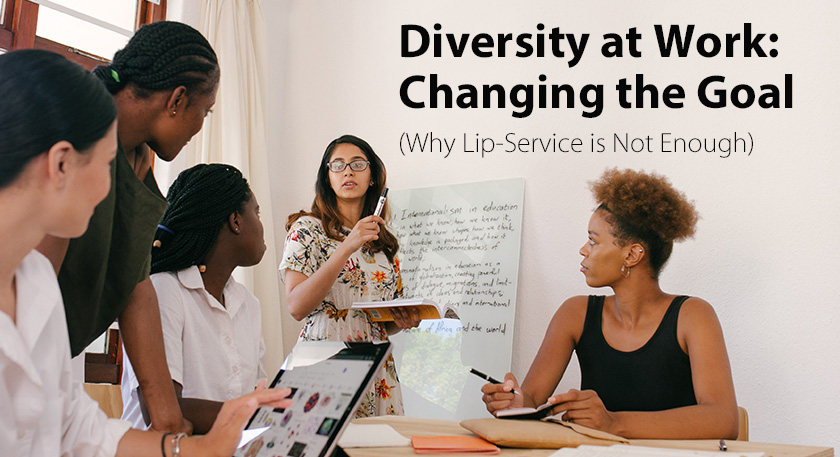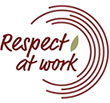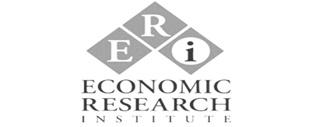

A multi-phased approach to addressing societal and workplace challenges, including issues of racism, sexism, ageism, LGBTQ and gender identity.
Over the past 60 years, most employer actions focused on bias, discrimination and harassment have been reactive, not pro-active. Policies have been put into place as a response to legislation or court actions. Investigations of bad behavior have been a response to complaints. Even Affirmative Action and EEO reporting are responses to federal requirement. And yet, problems remain, in the workplace and throughout our country.
As employers, we need to change the goal. We need to start playing offense instead of defense. We need to be pro-active in our diversity and inclusion efforts instead of simply reacting to forced changes. We need to give more than lip-service to equal opportunity. In this training, we will discuss the business case for diversity, and talk about ways employers, both large and small, can become pro-active in addressing bias, discrimination and harassment, and not only create a more diverse workplace, but a more innovative, productive and profitable workplace.
An open and honest discussion with your executives, managers and supervisors about their roles, responsibilities and liabilities related to creating and maintaining a work environment that is not only free from illegal and inappropriate behavior, but one which actively promotes respect, diversity and inclusion.
Once leaders understand your organization’s initiative, it’s time to get all of your team on-board. They need to know that their leaders have their best interests at heart. They need to know how they can expect to be treated, and how they are expected to treat others. They need to know that your organization understands, and takes these matters seriously.
What you do next depends on the strategy you pursue. We can provide resources, facilitate discussions, conduct organizational surveys that may expose hidden problems and biases, analyze the equity/disparity of your pay, hiring and employment practices, guide your complaint investigations, and even provide one-on-one coaching when needed.

Creating an environment of respect, inclusion and diversity takes more than a policy,
and it requires more than lip service. It’s time to do more than we have done.
For details, pricing and scheduling, call 605.335.8198. www.alternativehr.com/respectatwork









Providing the tools and support that ensure employers find, train, and maintain a strong, powerful team, paving the way for total success.
© 2023. Alternative HR, LLC. All Rights Reserved.
Alternative HR, LLC. | 300 S. Phillips Ave, L101 Sioux Falls, SD 57104 | 605.335.8198